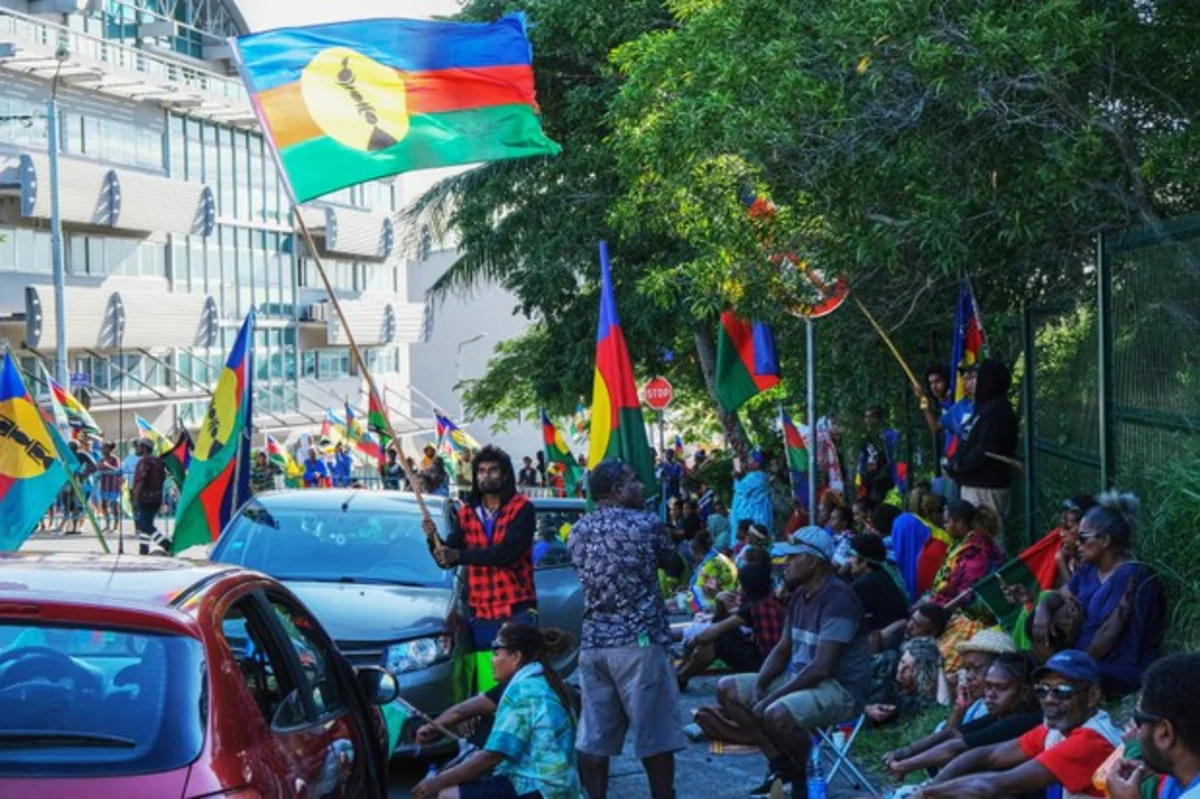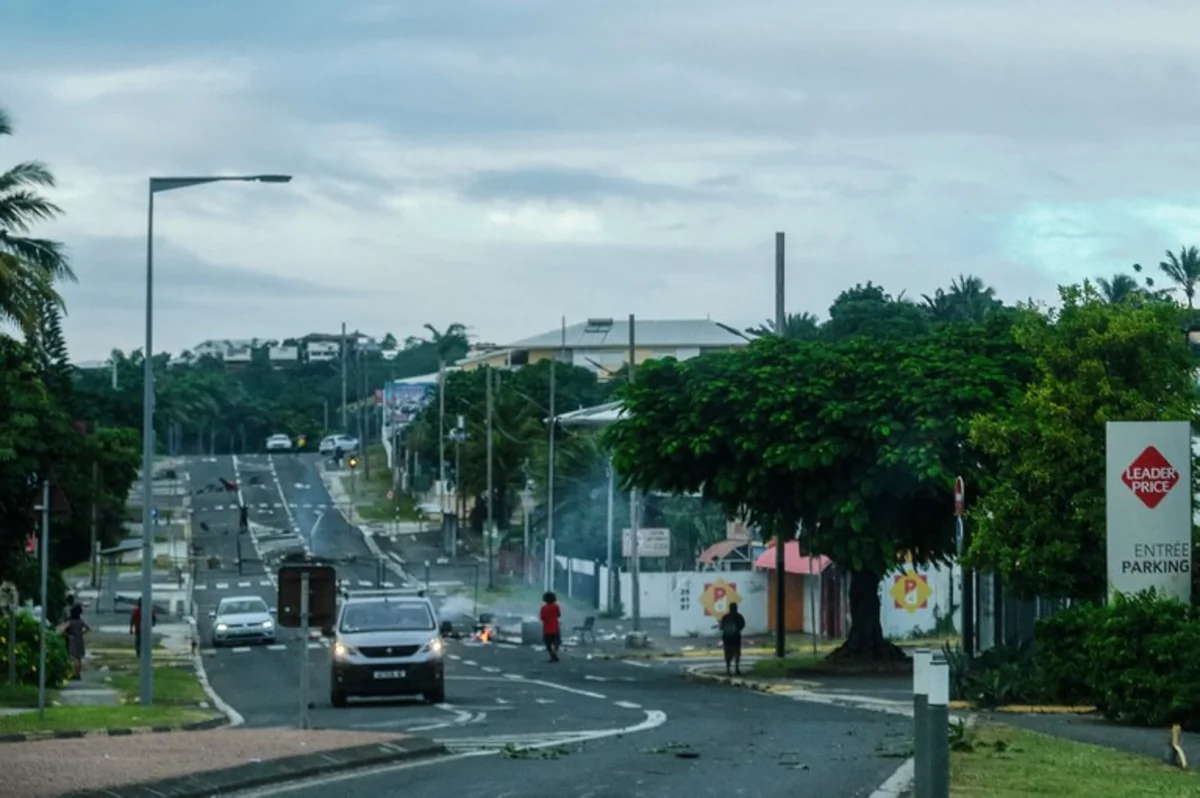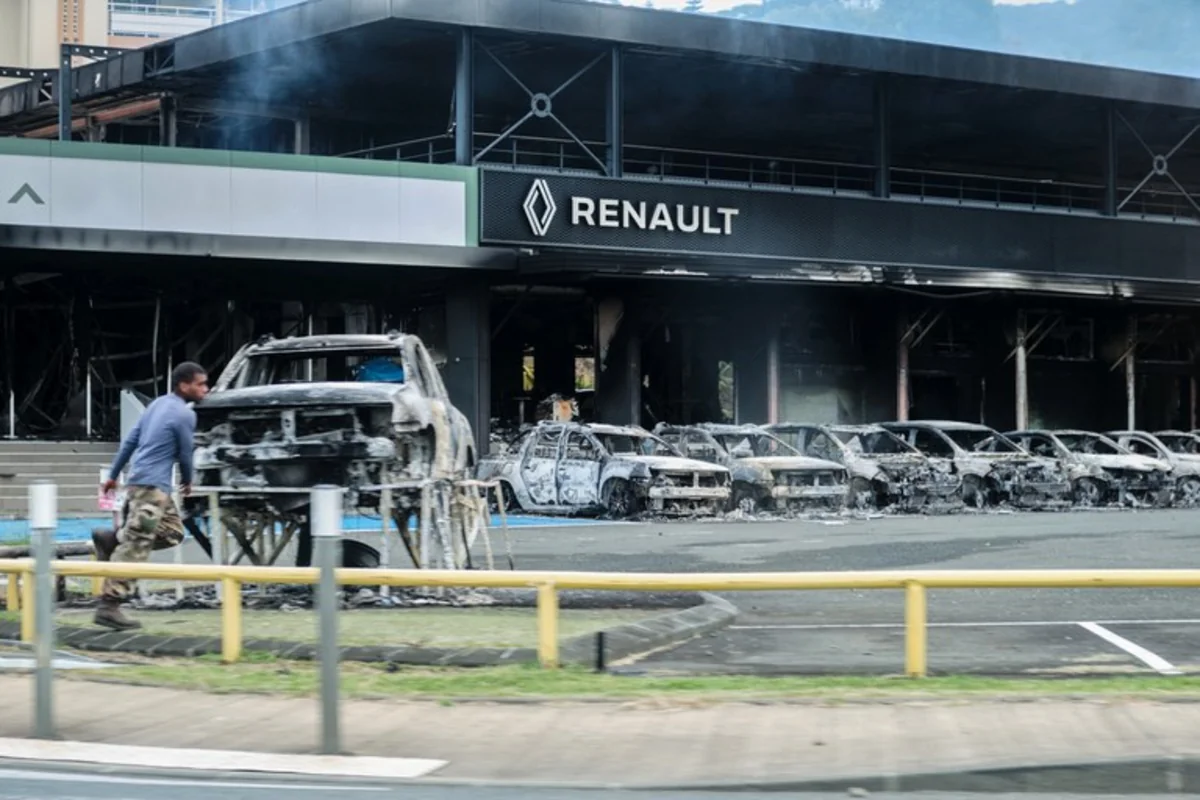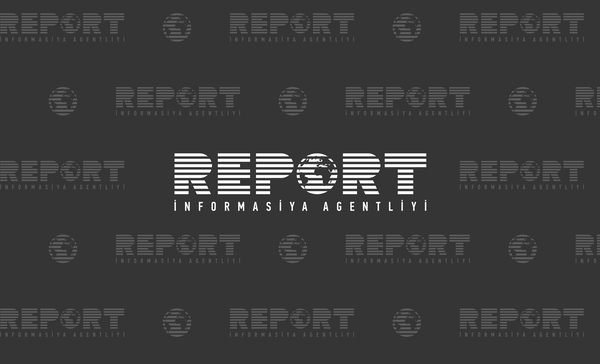New Caledonia faces curfew after riots over voting rights
- 14 May, 2024
- 17:05

In response to violent protests in Noumea, the capital of New Caledonia, French authorities have imposed a curfew and banned public gatherings, Report informs with reference to Benar News.
The unrest was triggered by France’s proposal to amend the constitution, allowing thousands of recent immigrants to vote, a move seen as a setback for the indigenous Kanak people’s quest for independence.
The Kanaks, who constitute about 40% of the island’s 270,000 residents, are economically and socially marginalized compared to the European settlers. The proposed changes have inflamed tensions, leading to road blockades, arson, and clashes with security forces, resulting in 36 arrests and several injured police officers.

France’s strategic control over New Caledonia plays a significant role in the Pacific, countering China’s influence. The current crisis has erupted amidst France’s parliamentary debate over the “unfreezing” of the electoral roll, which would impact the upcoming December elections and could potentially shift the power from New Caledonia’s first pro-independence government.
The high commissioner’s office has announced that the curfew will extend from dusk to dawn and will continue as necessary. Additionally, the sale of alcohol and the carrying of weapons have been prohibited to restore order.
This development comes as the lower house of France’s parliament is set to vote on the constitutional amendment, following the Senate’s approval in April. New Caledonia’s Congress, dominated by pro-independence groups, has passed a resolution urging France to retract the amendment, warning that unilateral decisions could destabilize the region’s peace.

France’s Interior Minister Gérald Darmanin told his country’s legislature that some 42,000 people—about one in five possible voters in New Caledonia–are denied the right to vote under the 1998 Noumea Accord between France and the independence movement that froze the electoral roll.
“Democracy means voting,” he said.
New Caledonia’s pro-independence government––the first in its history–could lose power in elections due in December if the electoral roll is enlarged.
The situation remains tense as the international community watches closely, with the potential for the conflict to influence regional dynamics and the balance of power in the Pacific.
